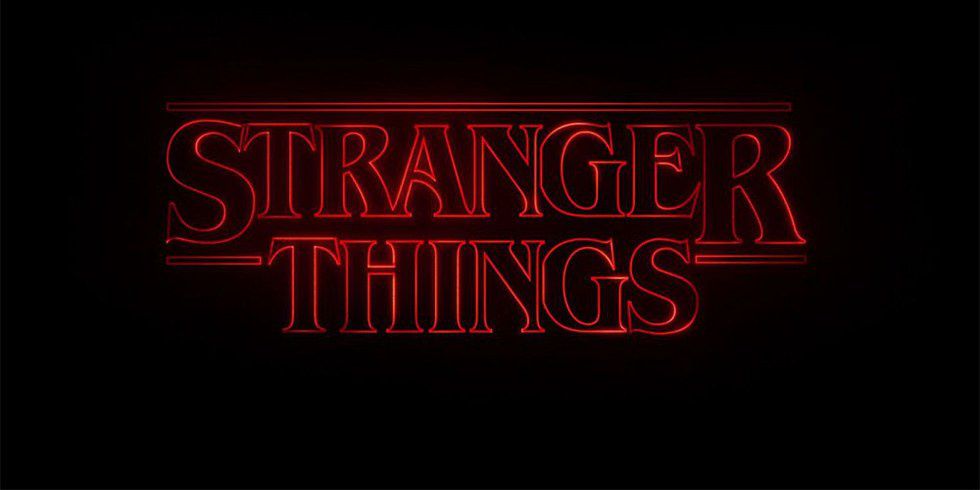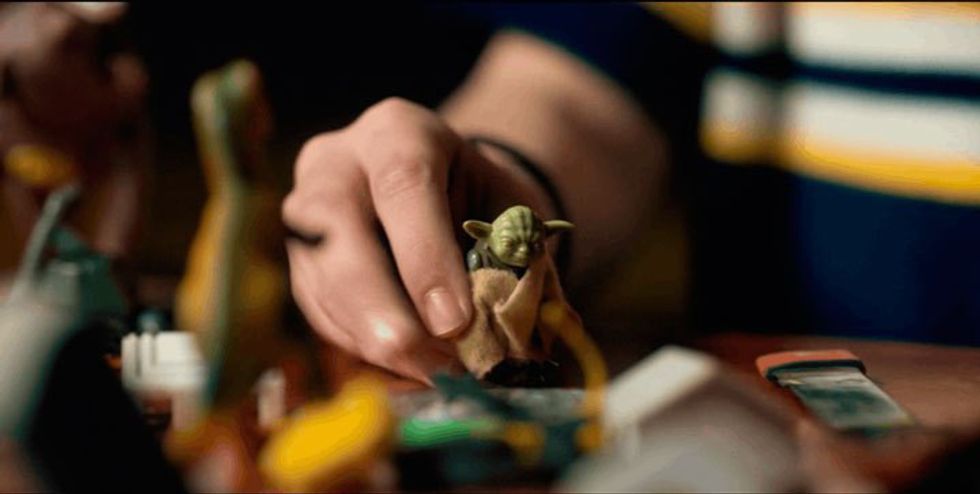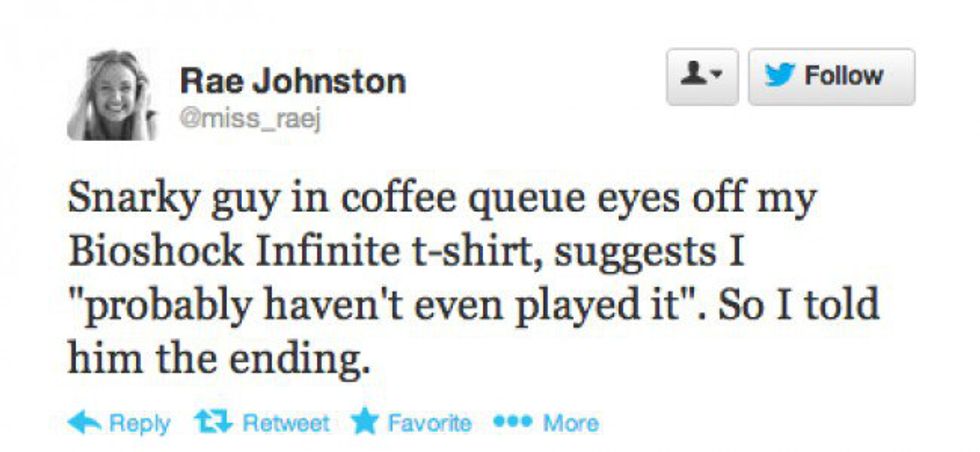While some of you have already watched the fairly new Netflix Original, Stranger Things, in one sitting (how else would you watch Netflix?), some of you may have yet to experience the gushing nostalgia that comes within the first five minutes of episode one. Yet, this homage to the 80s isn't the only dedication the Duffer brothers create. Whether they intended to or not, the directors are also celebrating the growth of geek culture since its rise that decade.
The first "Star Wars" movie, "A New Hope", released in 1977, was practically the vector for geekdom's rise in pop culture as we know it today. Just last year, the newest installment in the series, "The Force Awakens", has planted a new geek-seed in the hearts and minds of our own children, young siblings or cousins. And "Star Wars" is a huge reoccurring theme in Stranger Things. Will, Dustin, Lucas (George Lucas. Ahem), Eleven, and Mike all make and are references to many Star Wars themes. In the second episode, Mike unknowingly makes Eleven uncomfortable when he introduces her to his figurine of Yoda, explaining his telekinetic powers that mirror her own.
Even making a young girl the strongest character in the series mimics the new "Star Wars" movie, in which Rey, Luke Skywalker's daughter, becomes the next Jedi. This thematic idea of strong female leads follows the now modern concept of empowering women, overall and in the geek world. The assumption that women can't enjoy their geek status because they are too "girly" falls short of any real argument. Eleven's character is mentally strong and proves to be the hero by the end of season one. By limiting her speech, the writers add extraordinary weight to her words. When she speaks, the world is silent.
The point is, the kids who grew up watching "Star Wars", listening to "The Clash" and playing D&D (Dungeons and Dragons) are all now adults, who direct, write and produce the superhero movies we pay to see. They are the authors and illustrators of the comic books exploring social anxieties and the human condition that we buy. They are the game developers, testers and voice actors and actresses who create the games we play. Major geeky events like Comic-Con, E3, and MLJ (Major League Gaming) are seeing growing attendance and participants every year because of geeks. Geek culture is now becoming a part of the free-market's epicenter as geeks continue to fuel our economy with their passion. Geekdom has become relevant now more than ever, a fact which "Stranger Things" embraces and reciprocates in eight brilliant episodes.
























